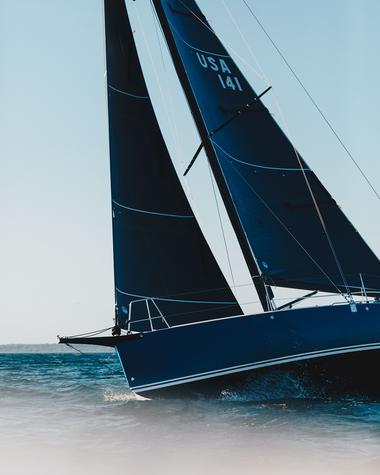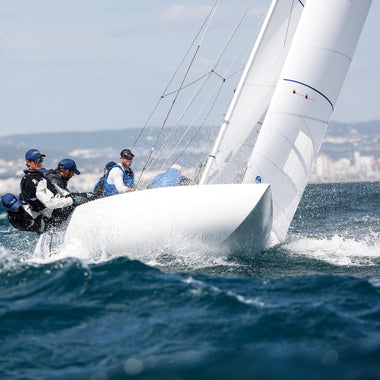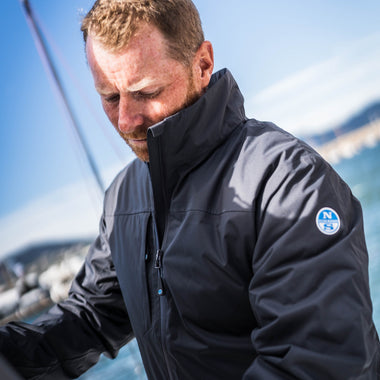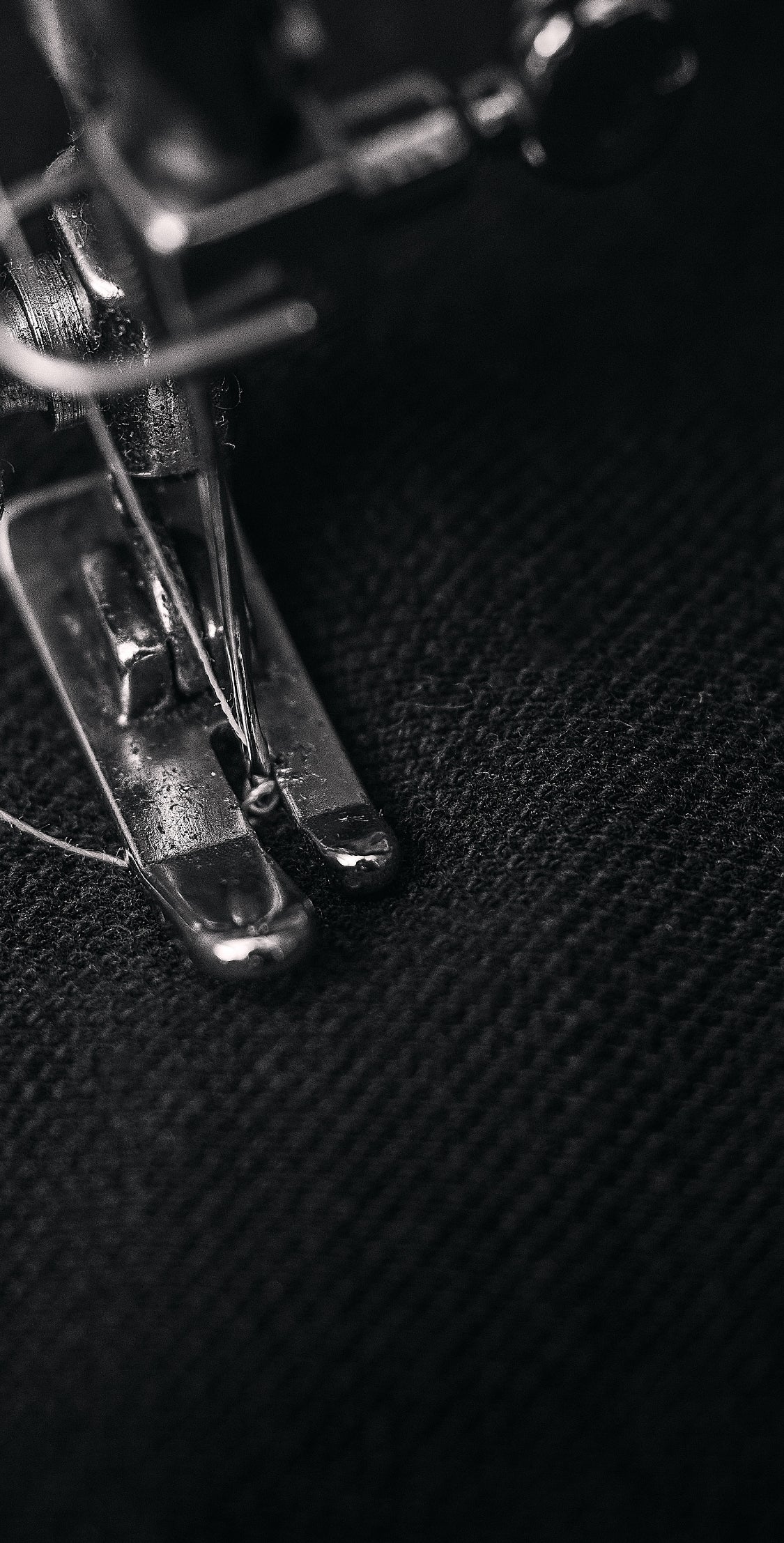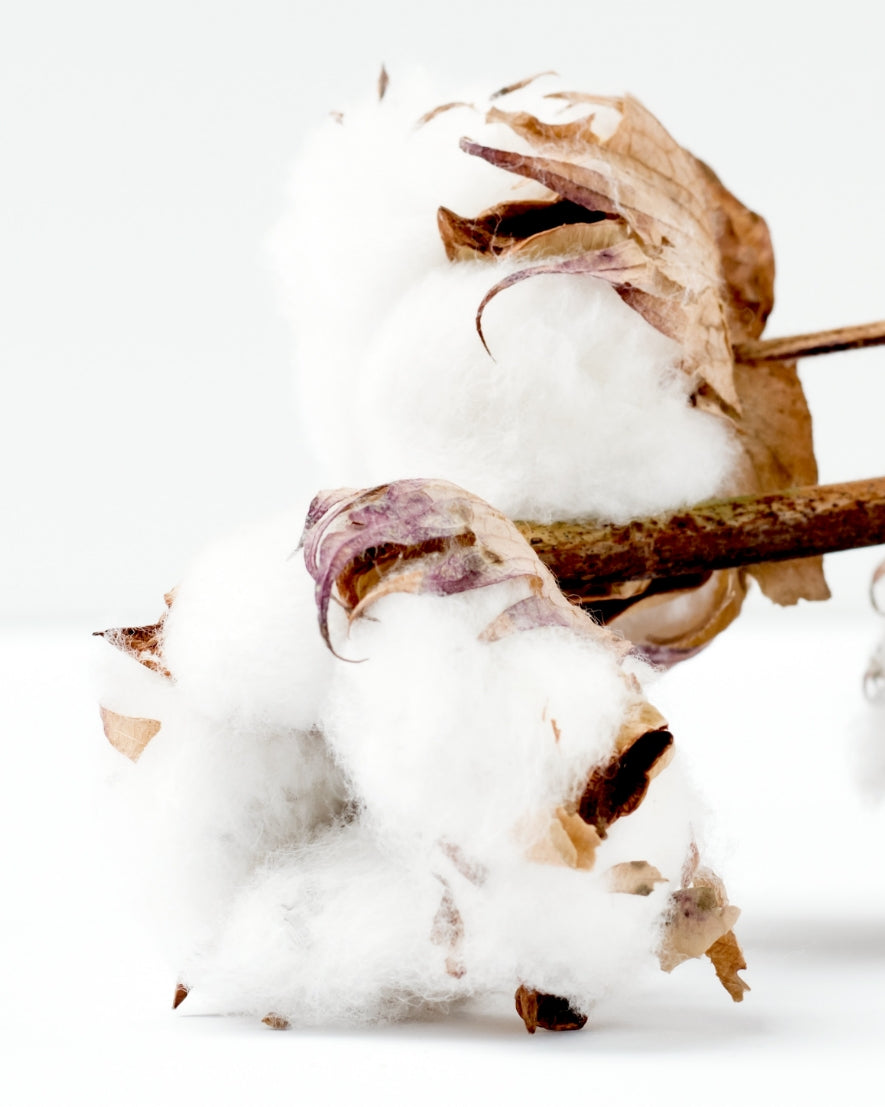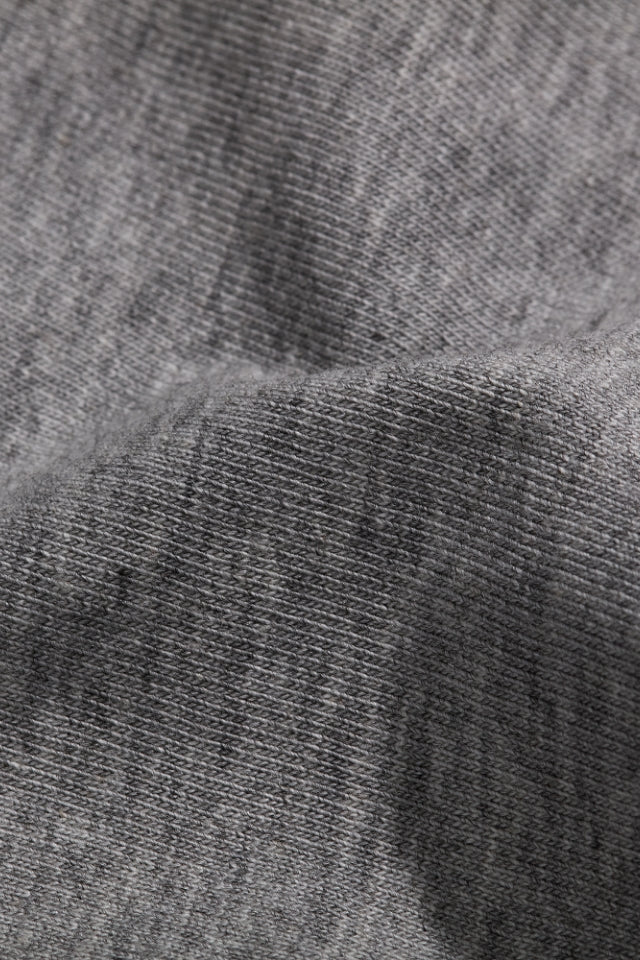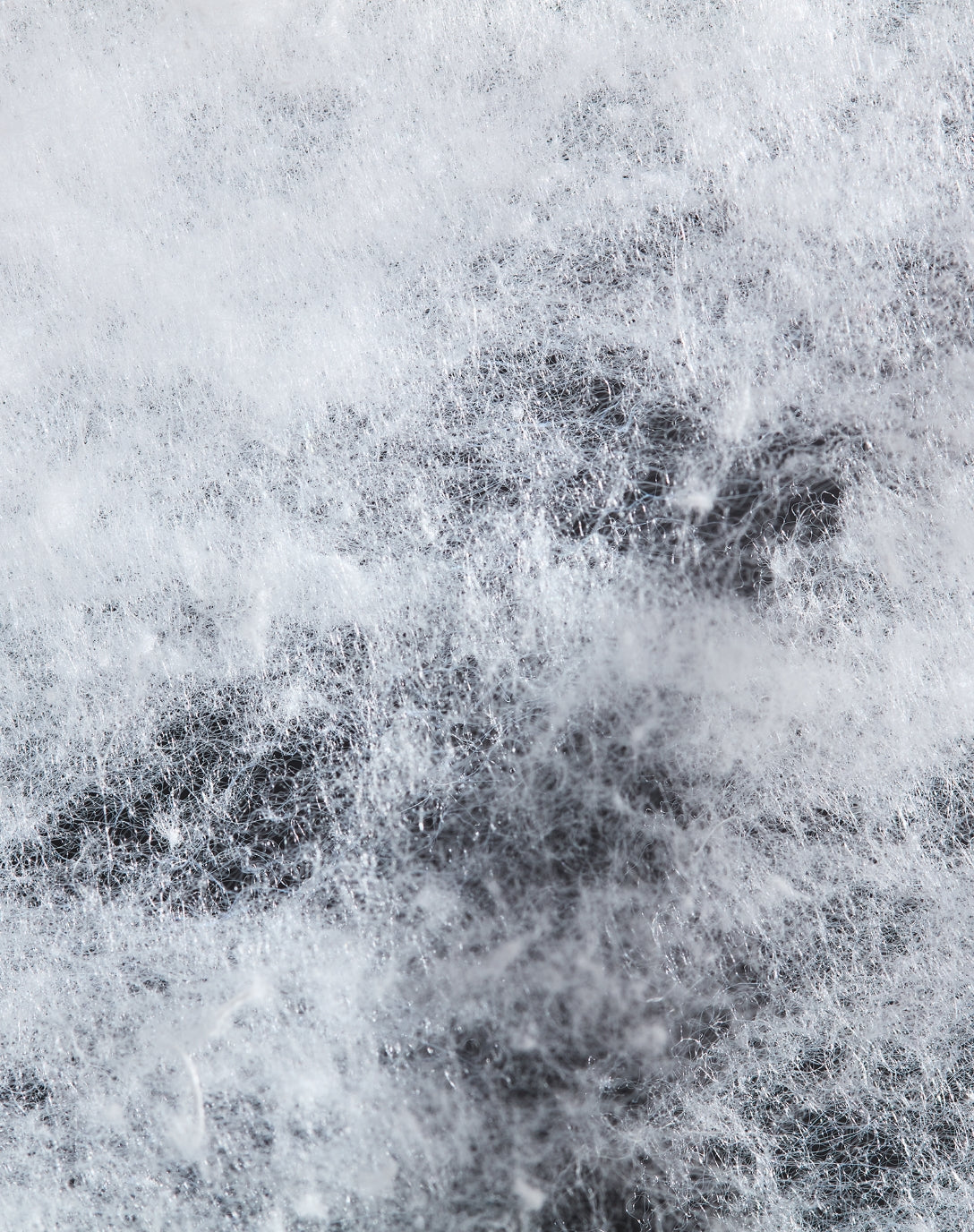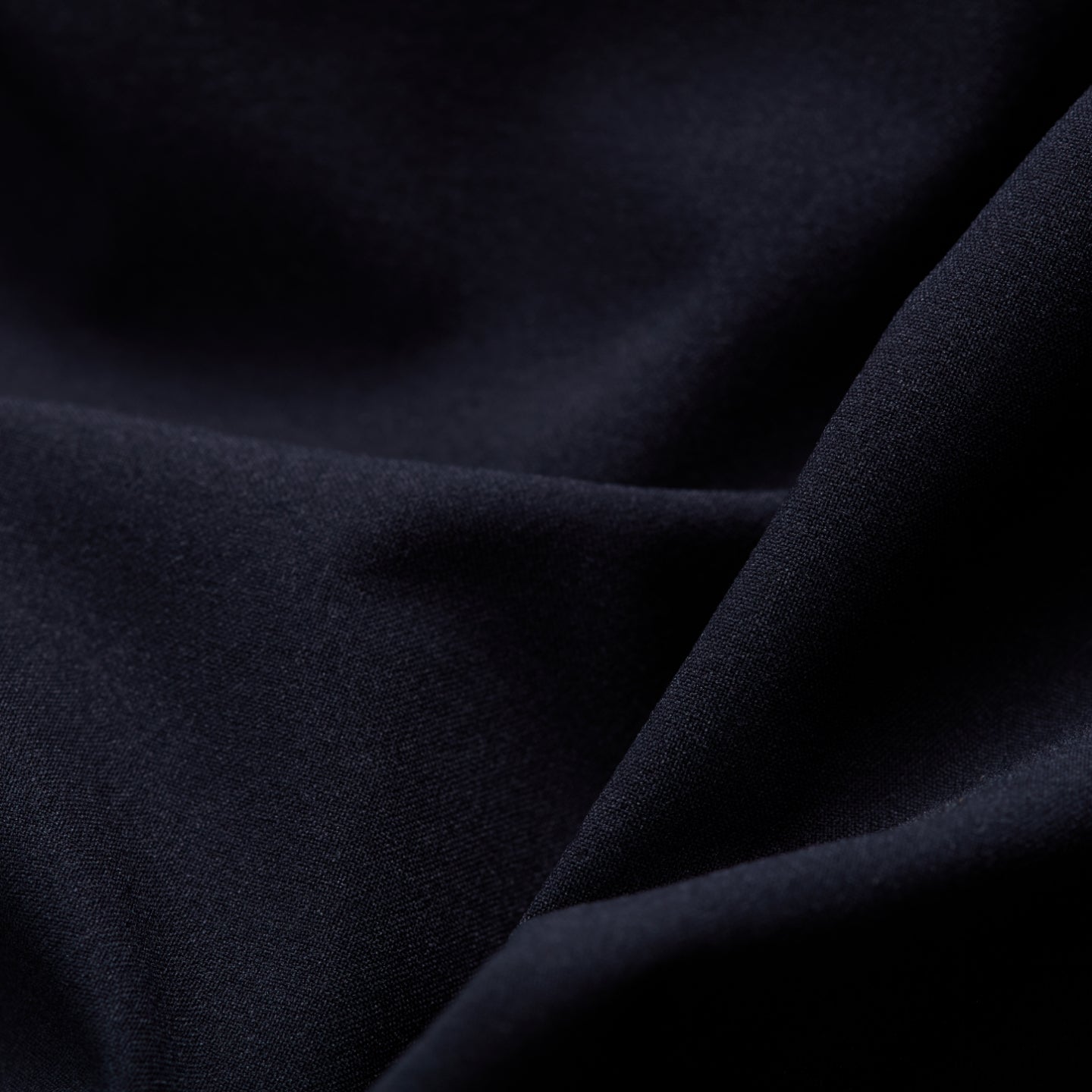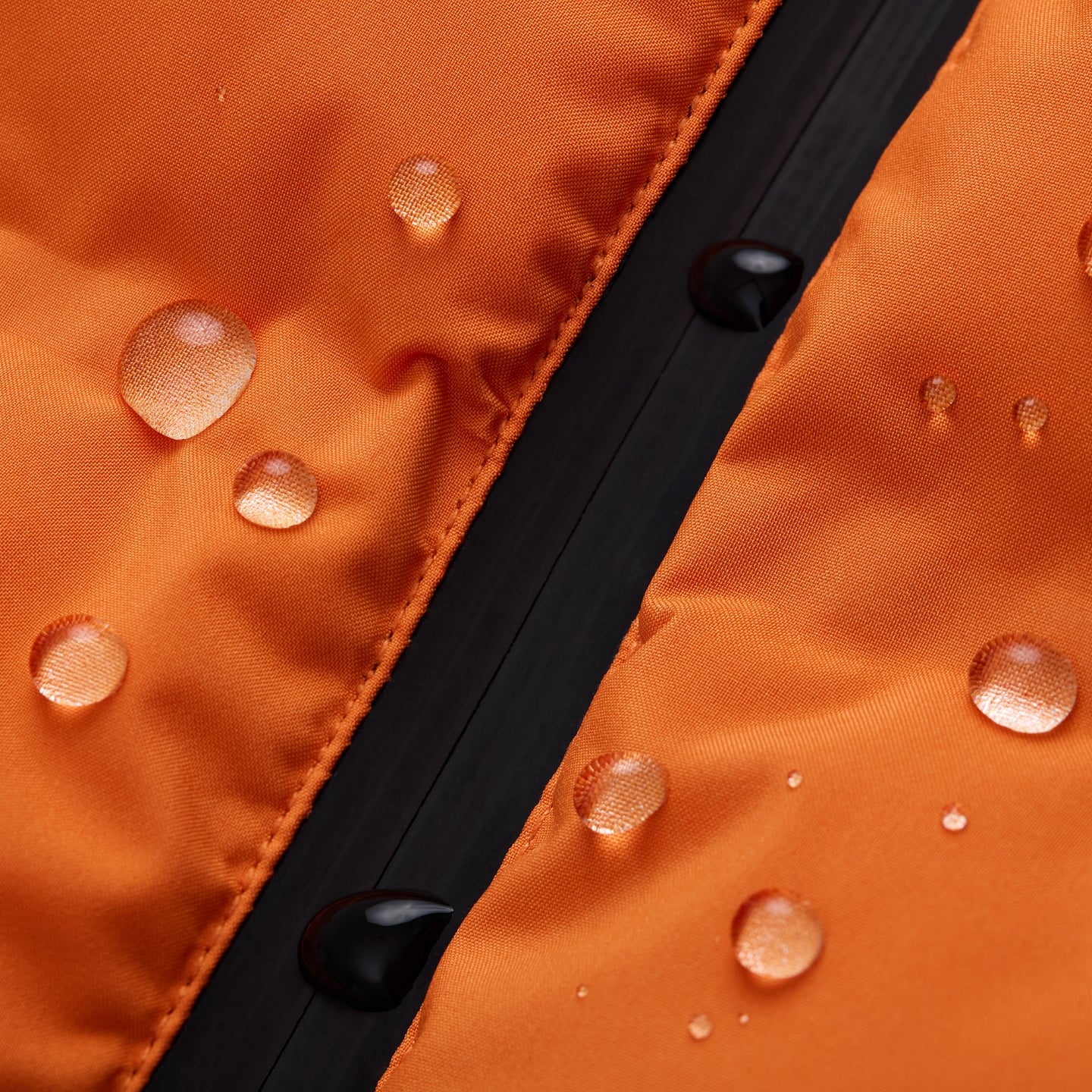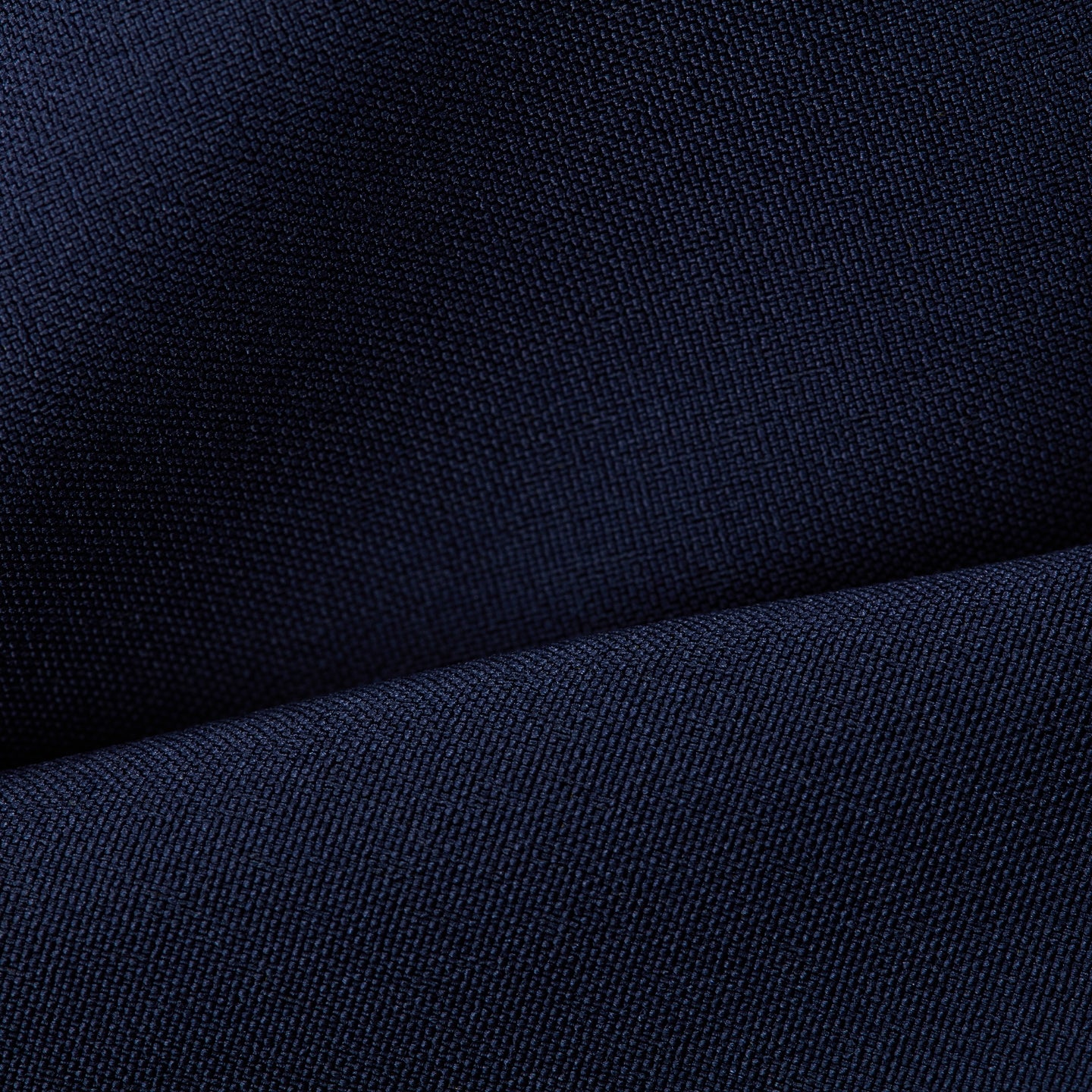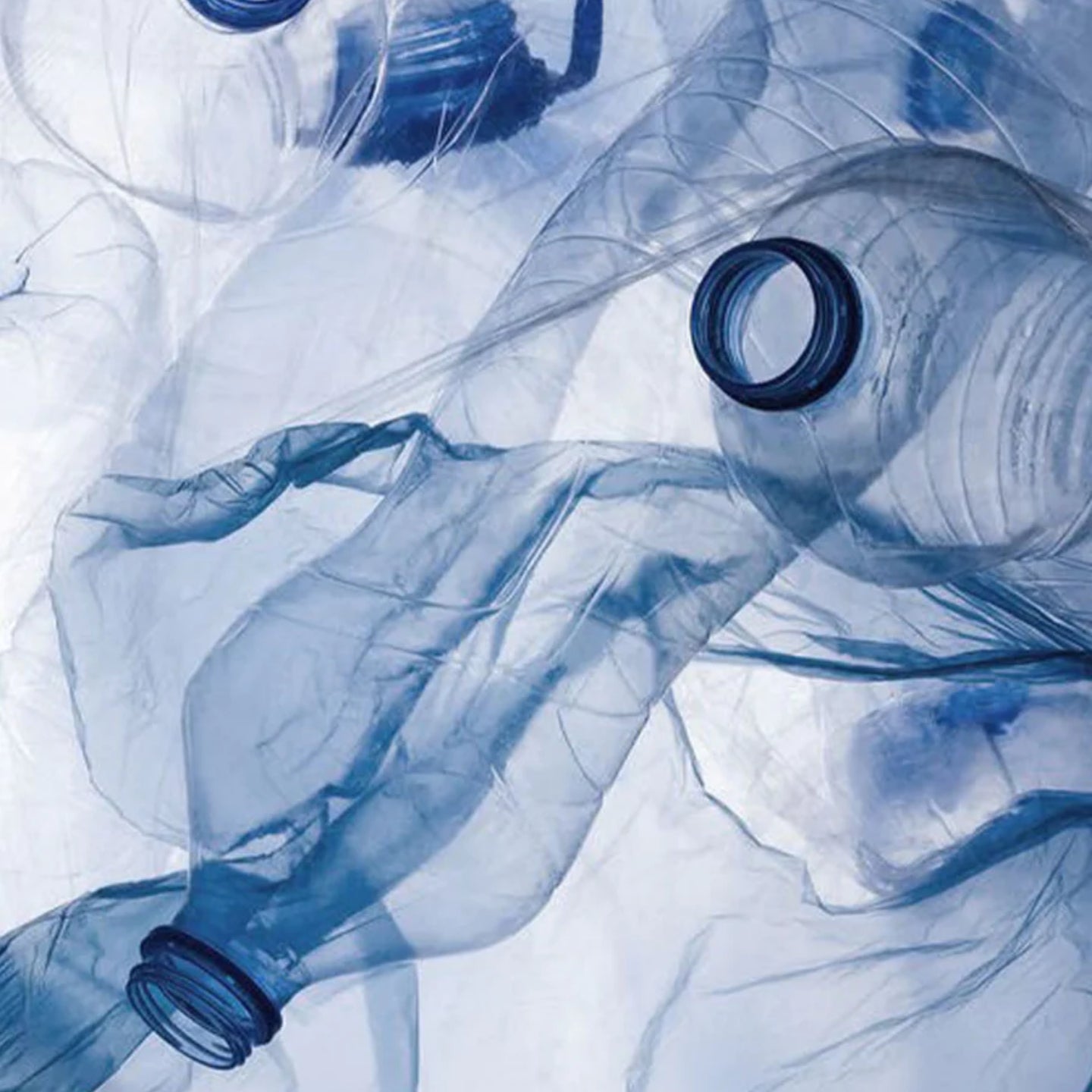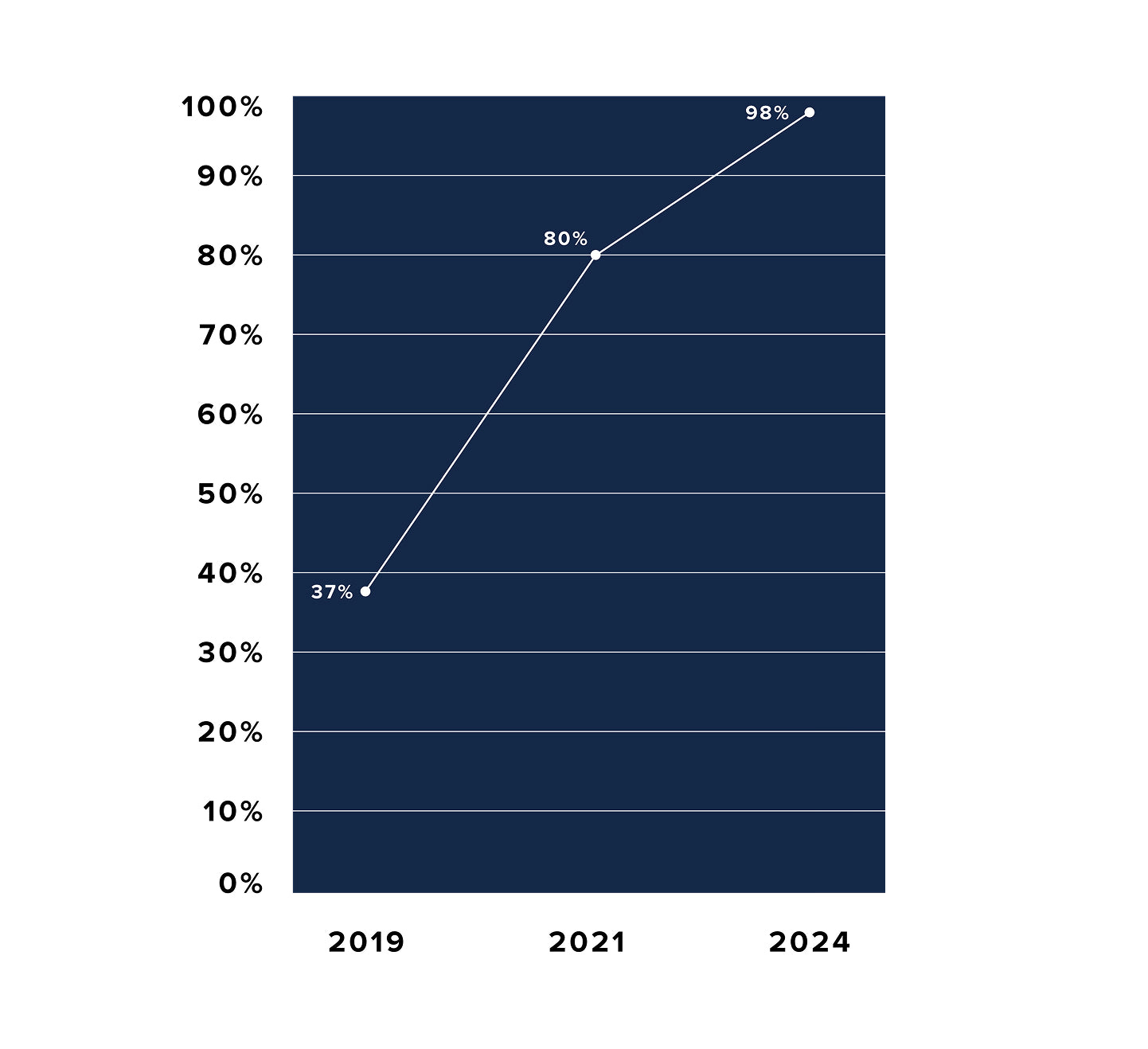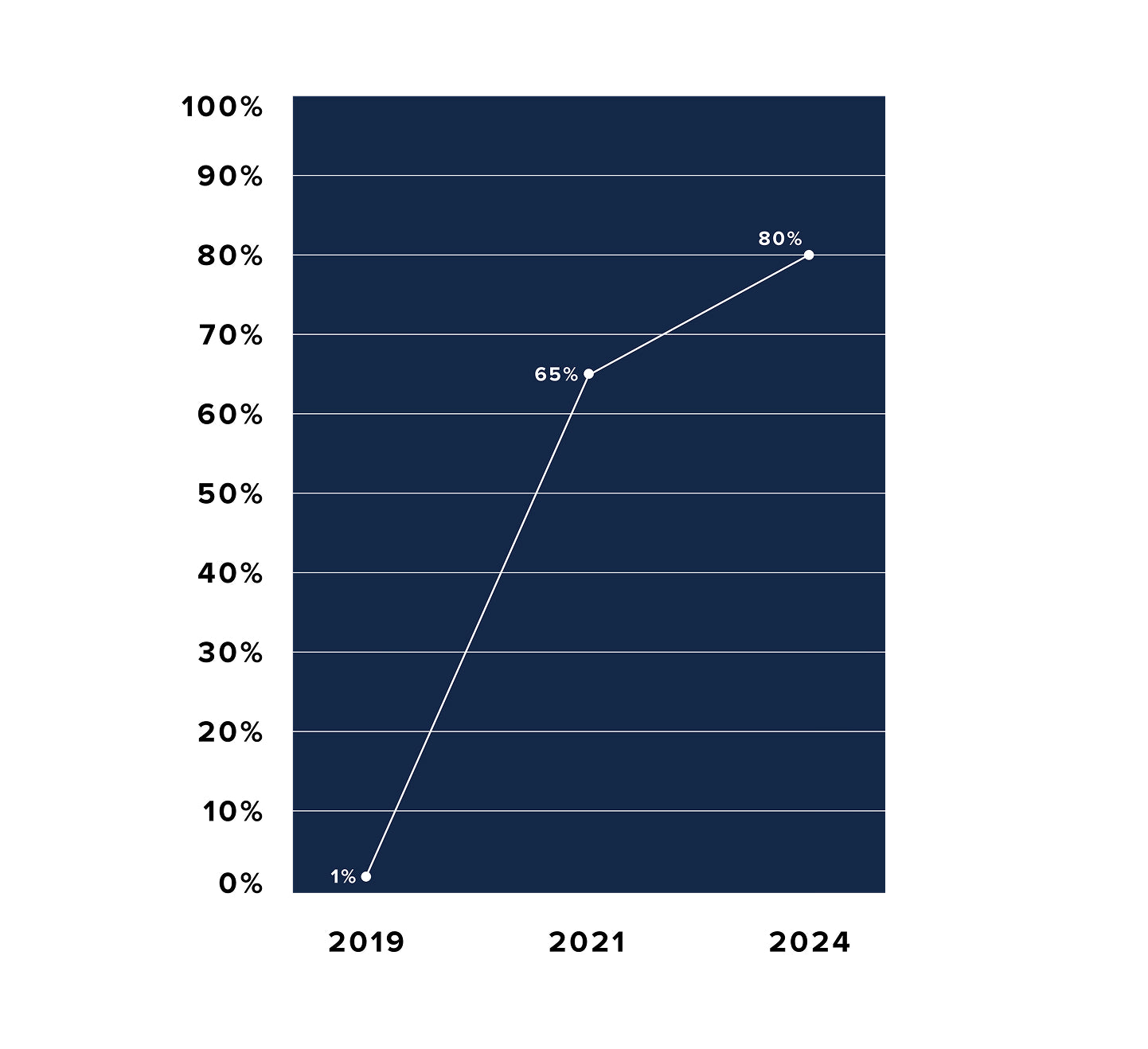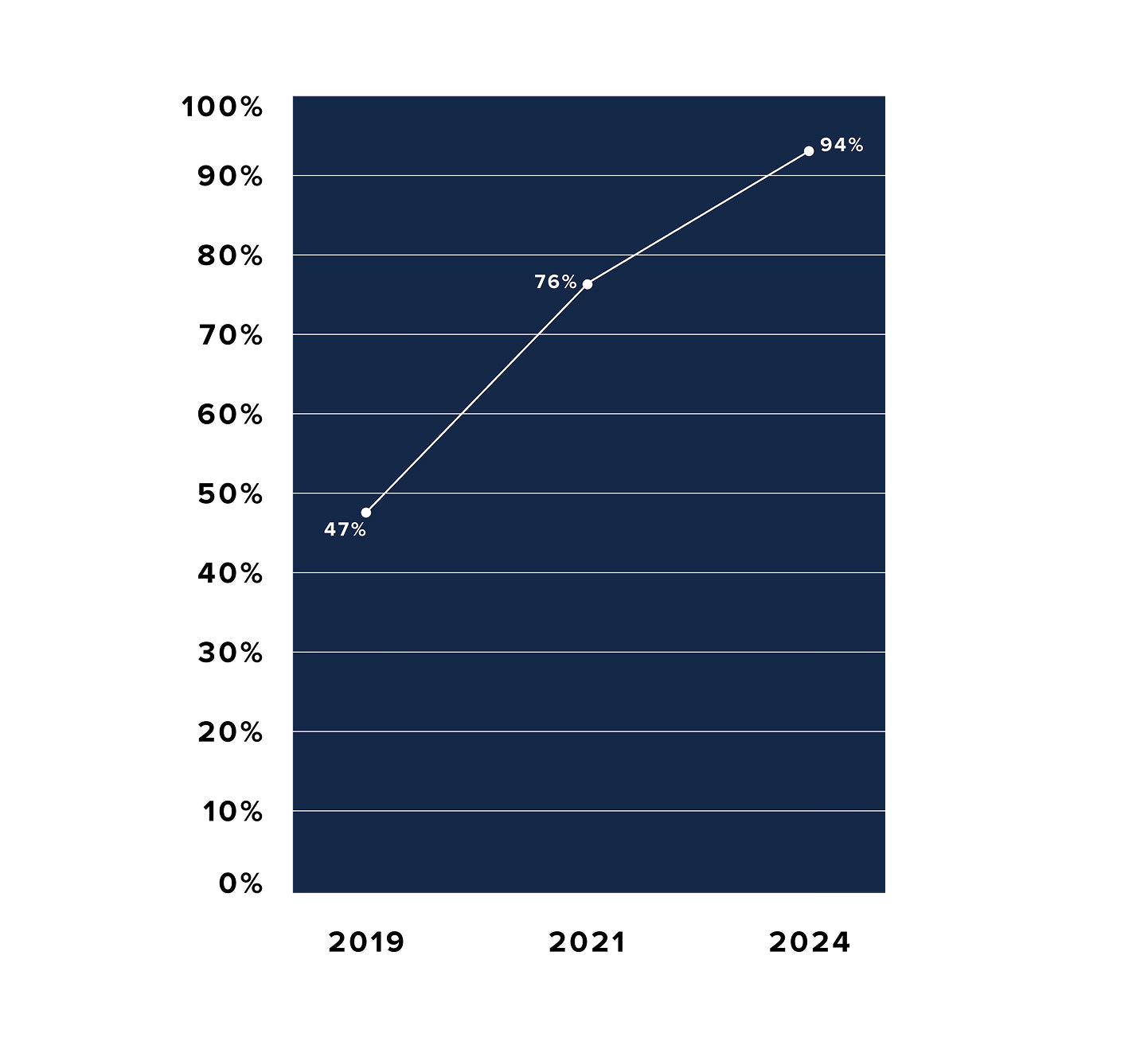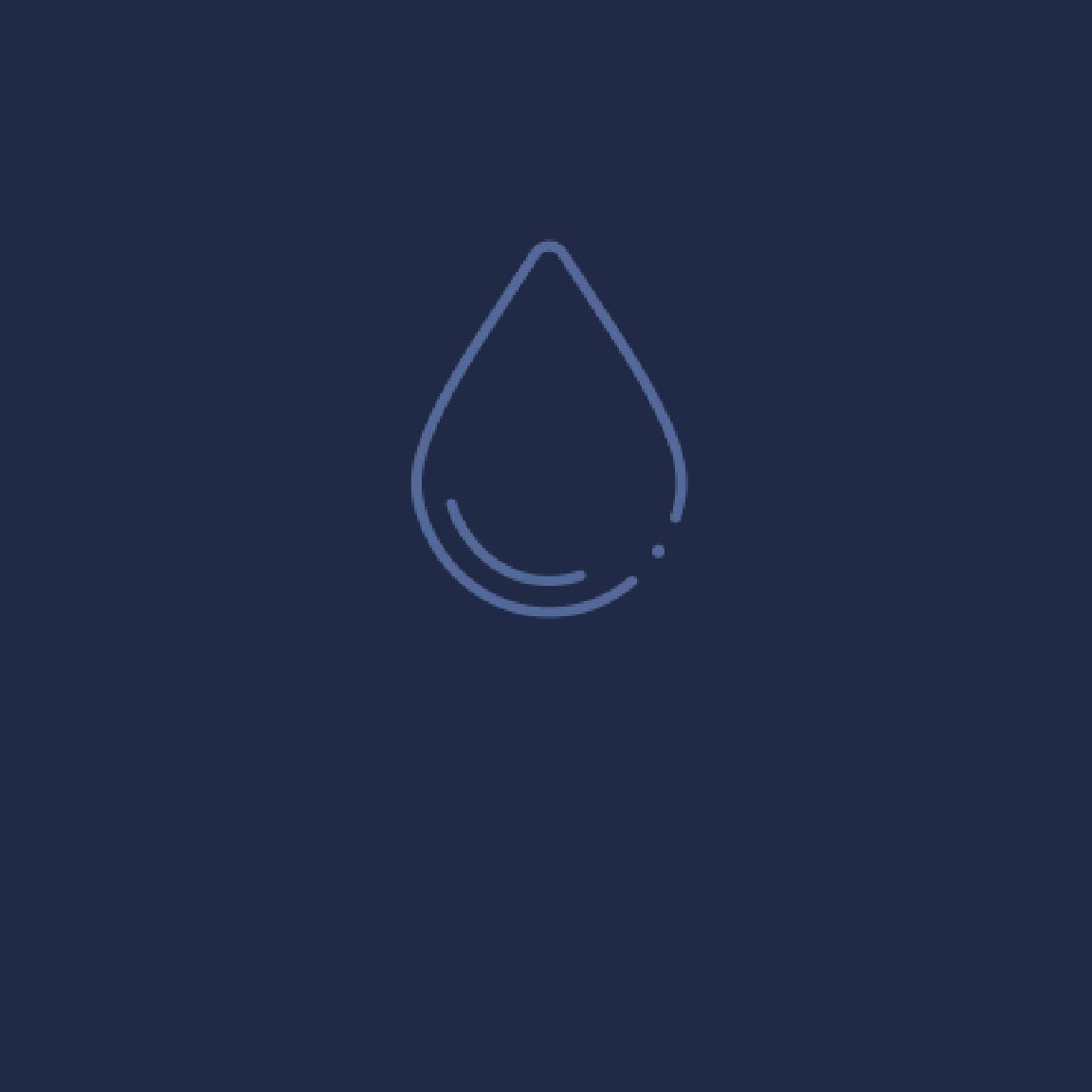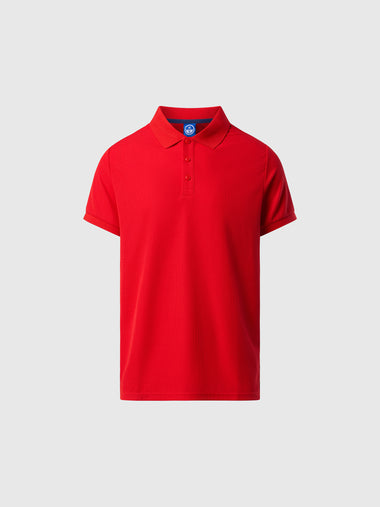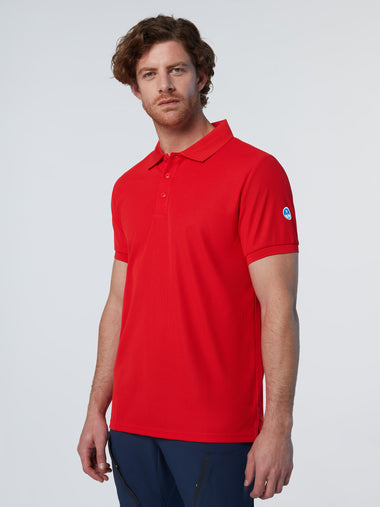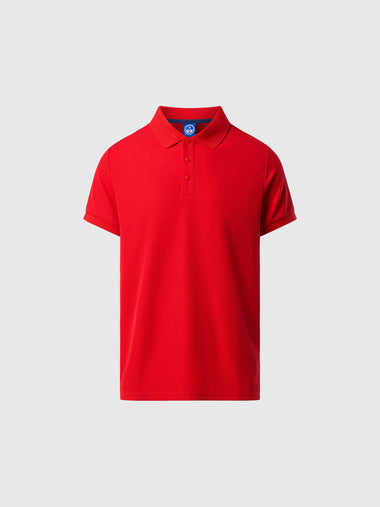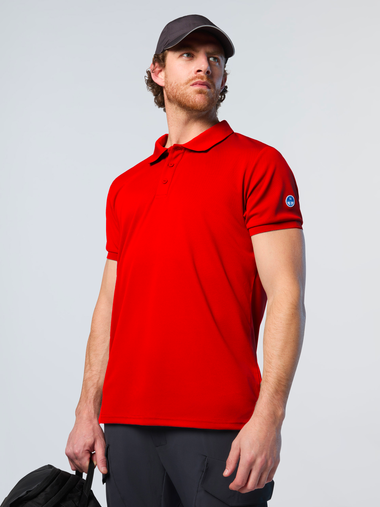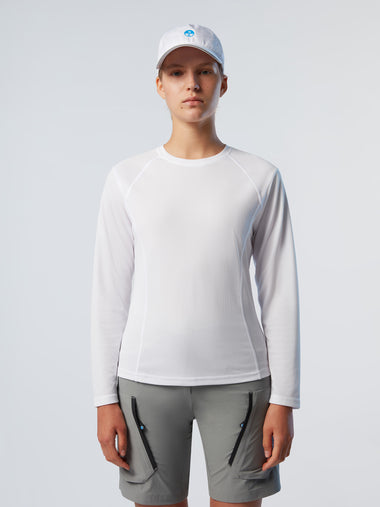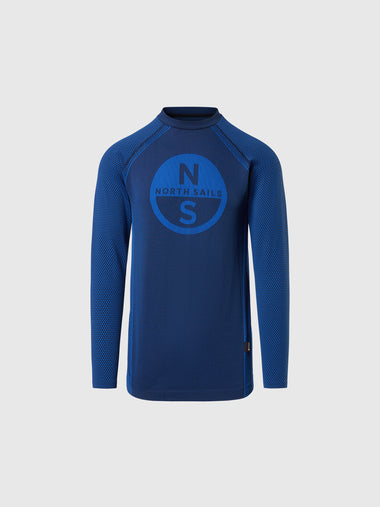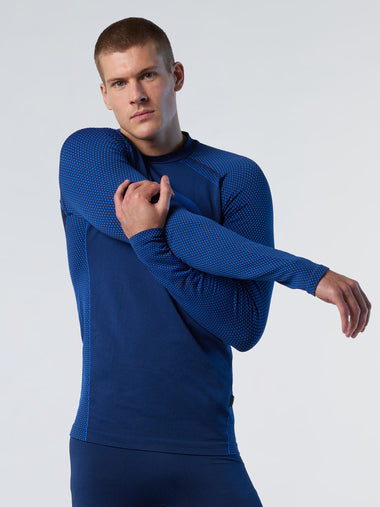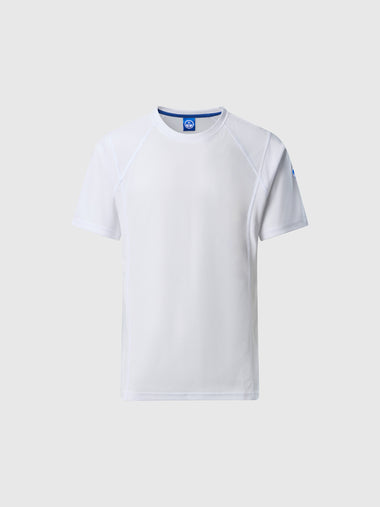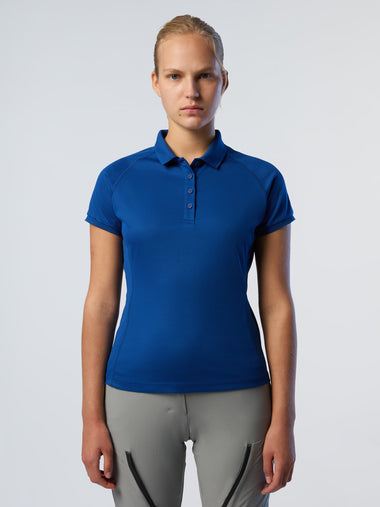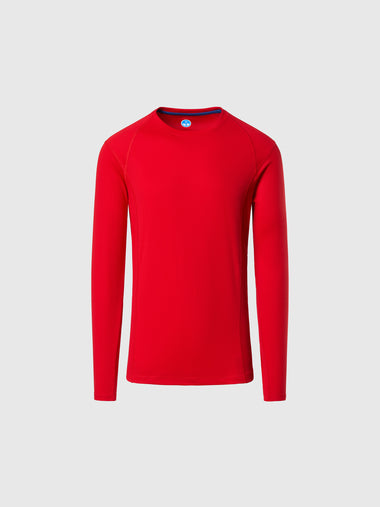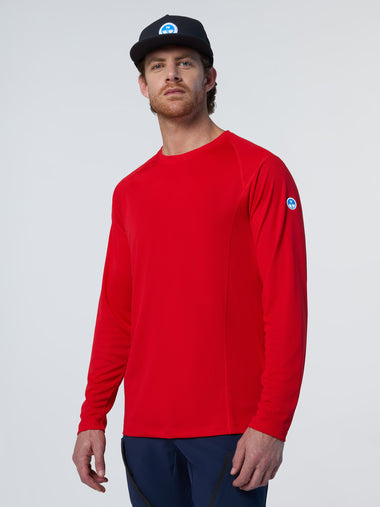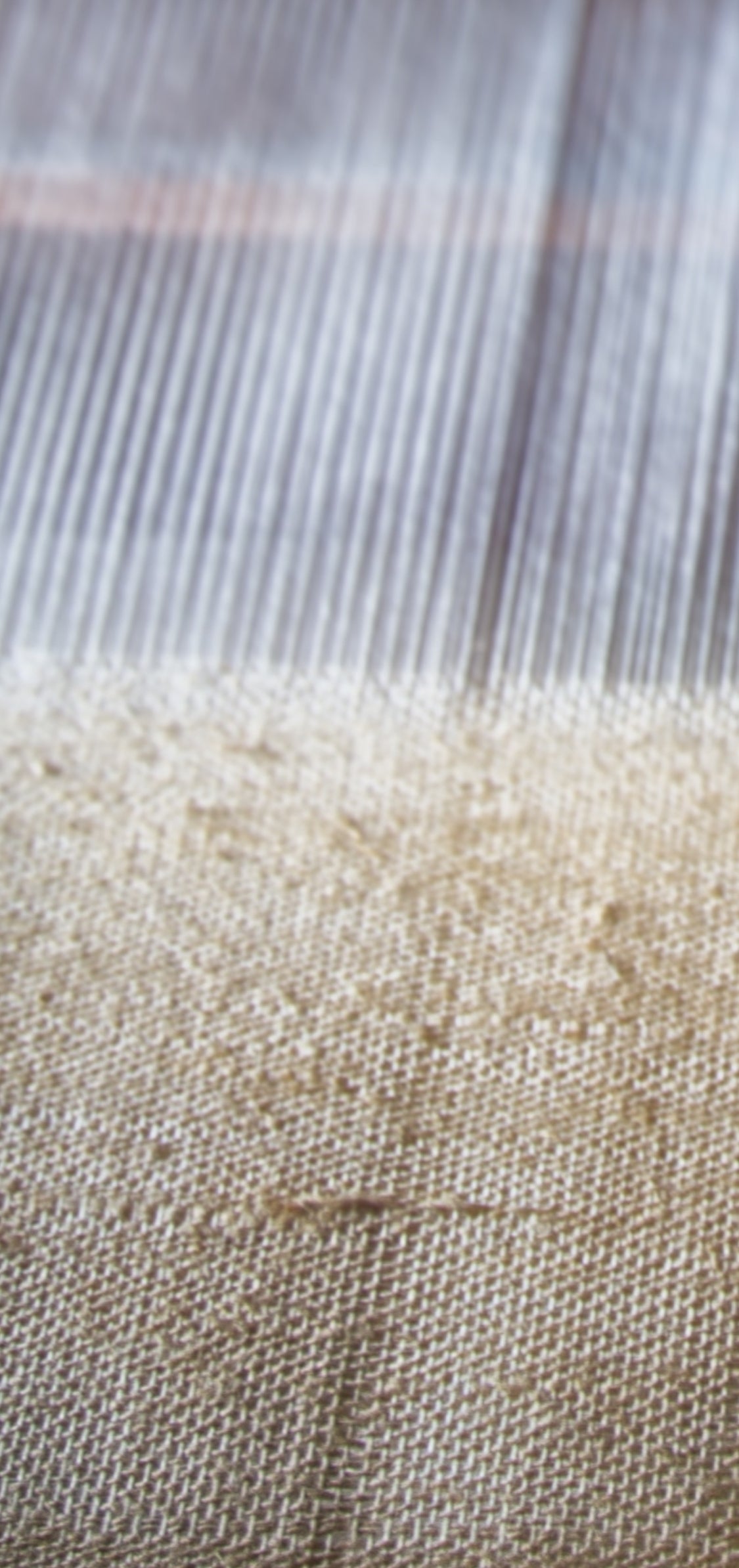Making clothes comes with an ecological and social footprint. We are committed to using more responsible materials that cause less pollution to water, air, soil and life.
Our goal is to find the right balance between sustainability, functionality, and purpose. For us, responsible materials are made from recycled content, grown using organic practices, or have a proven lower environmental and social impact than conventional ones.
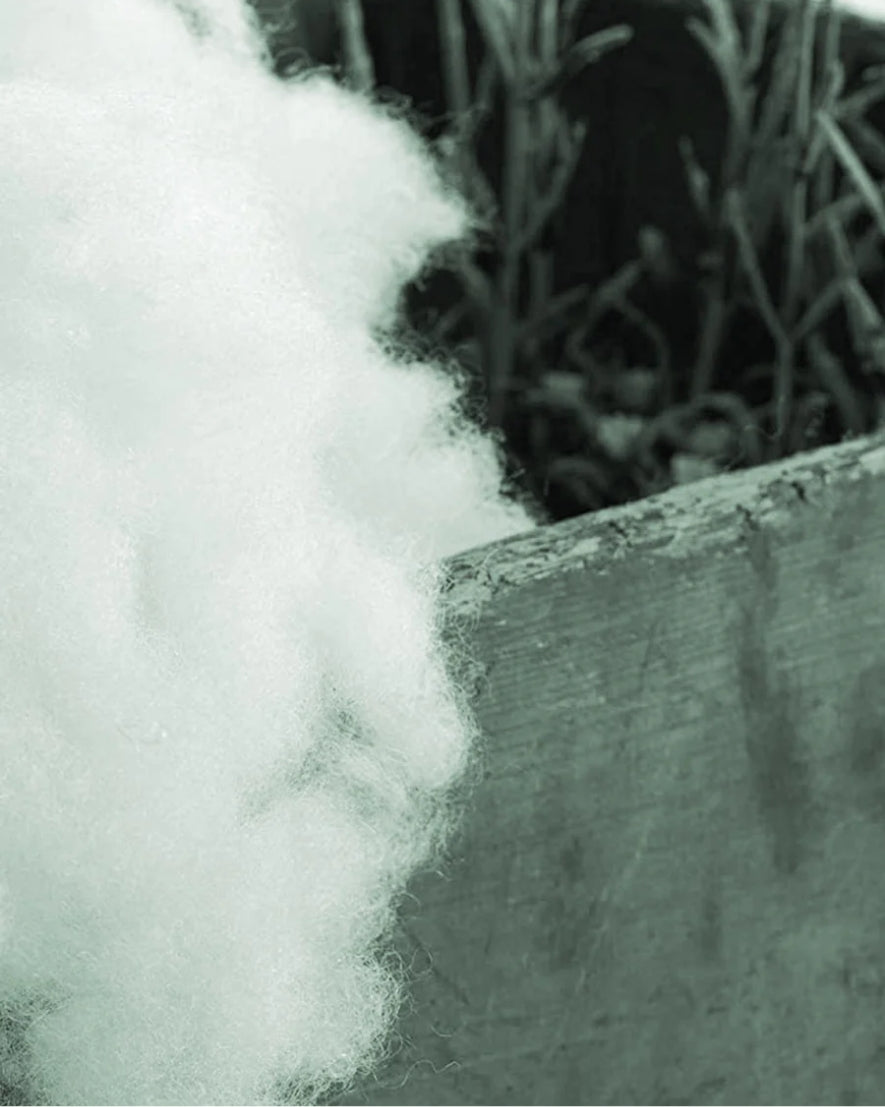
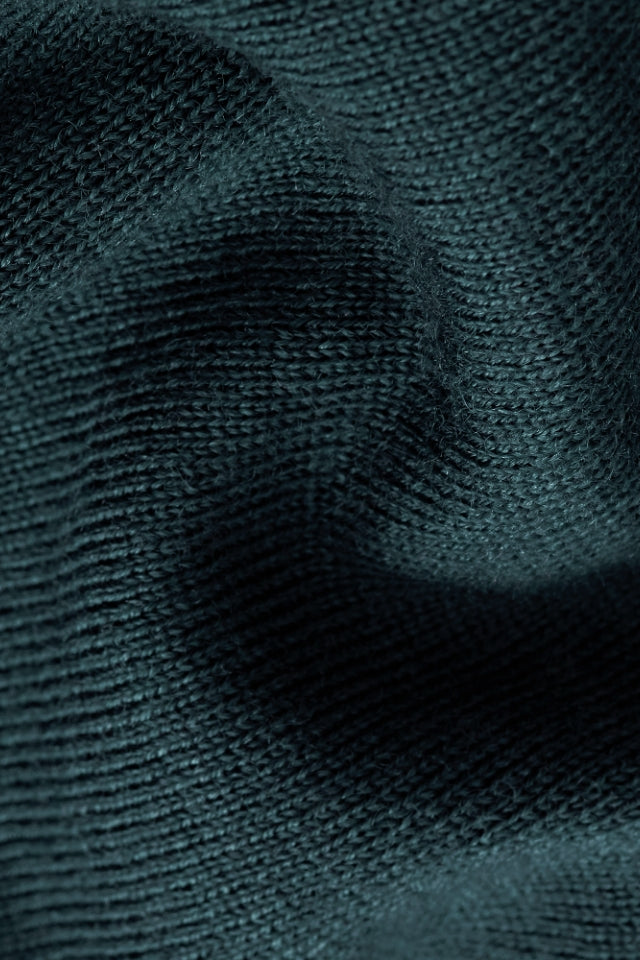
WOOL & CASHMERE
Wool and cashmere are lightweight natural fibers made from the fleece of sheep and cashmere goats, and have unique characteristics such as comfort, versatility, and great thermal performance. As it is a natural fiber, wool is also biodegradable and fully recyclable in its pure form.
We source, as much as possible, virgin wool from certified responsible sources that respect the highest standards of animal welfare and land stewardship. We also encourage our suppliers to align with animal health and welfare standards as part of our Code of Conduct. Plus, we have introduced in our collections recycled pre- and post-consumer wool and cashmere that has been recovered from existing materials and regenerated into new yarns. For FW24, about 30% of the wool in our products was made using recycled content.
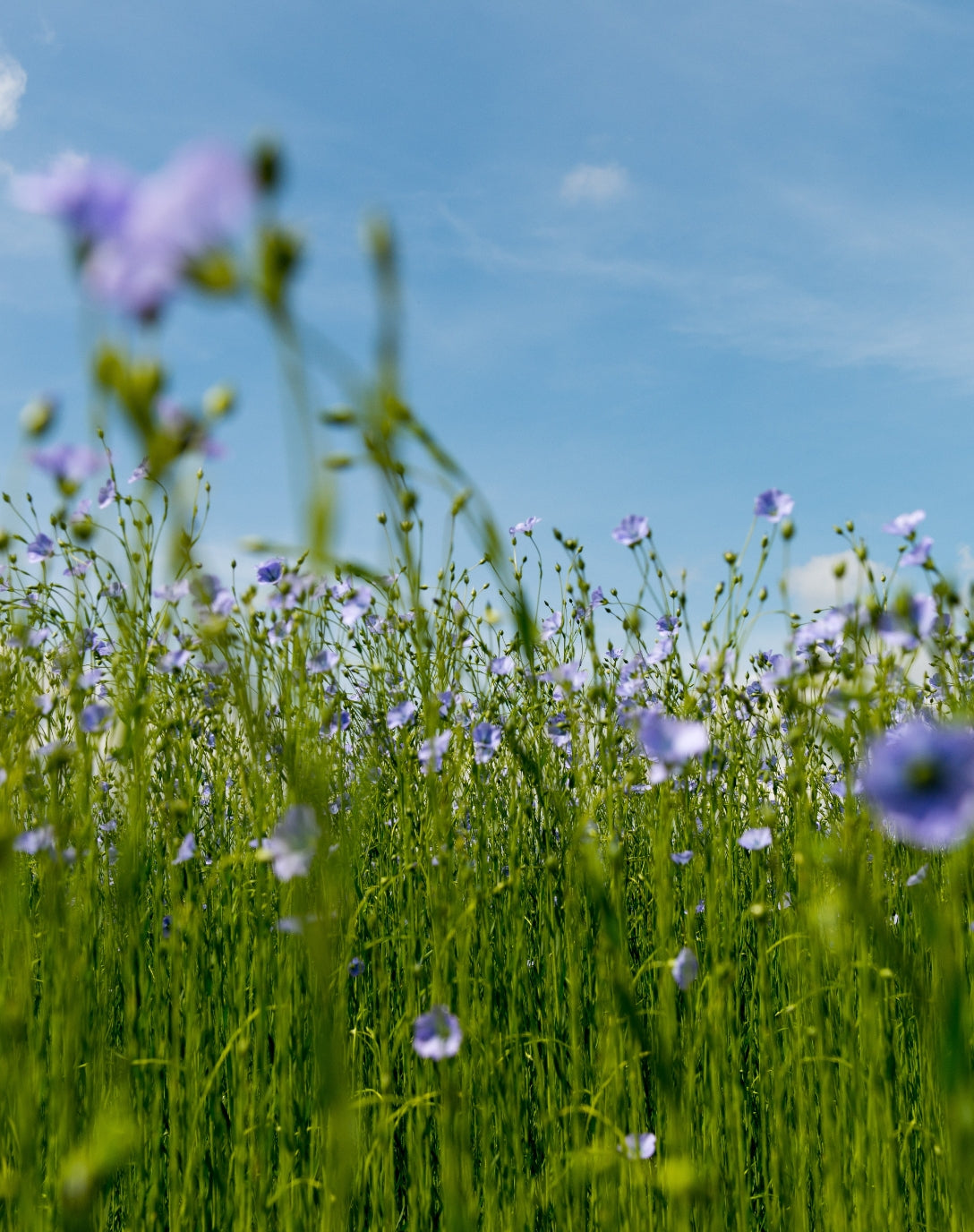
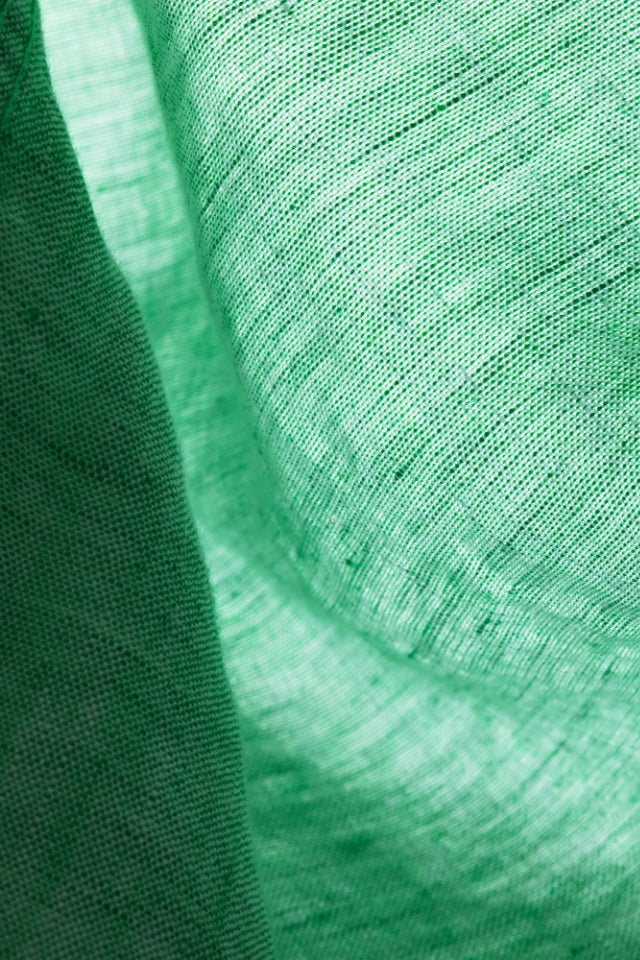
LINEN
Linen is a natural, durable fabric made from the fibers of the flax plant. It’s one of the oldest fabrics in the world, known for its breathability, lightweight feel and unique texture. Linen is widely considered one of the most sustainable natural fabrics available, as flax cultivation requires minimal water and pesticides, and it’s possible to utilize the whole plant. As a natural material, it’s fully biodegradable and lives on in the biological lifecycle once past its useful life. We aim to source European Flax™ Certified Linen. This guarantees our linen is GMO-free, uses low-to-no irrigation, fertilizer and pesticidesis produced using zero-waste methods and is produced in compliance with the rules of the International Labour Office.

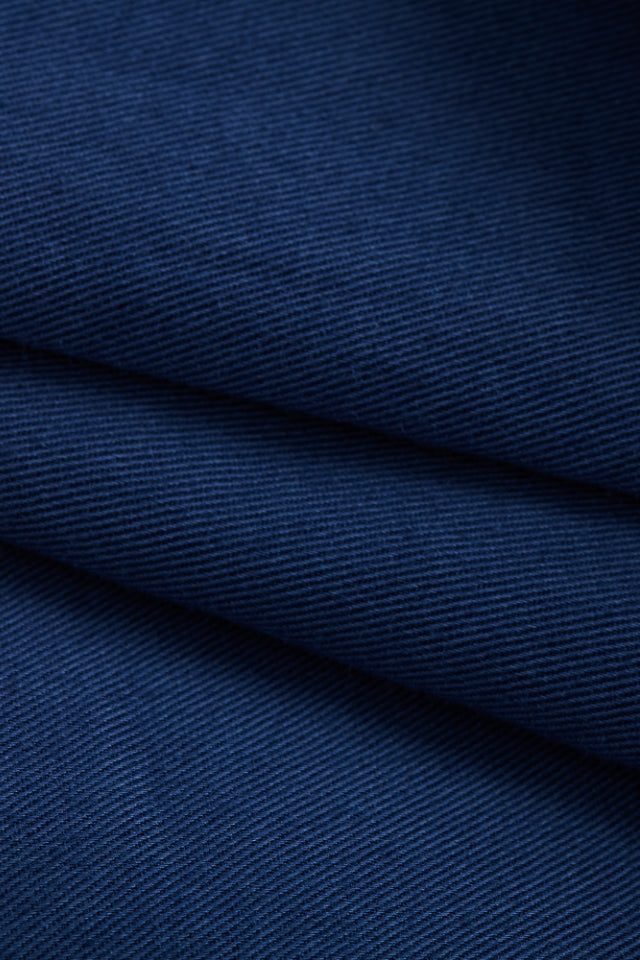
MAN-MADE CELLULOSIC FIBERS
Materials like Viscose, Modal, Tencel, and Seacell™ fall into this category. These materials, which are made by dissolving natural cellulose and reconstituting it into fiber form, are used in designs that require extra drapability, softness, breathability and durability. Although many of these fabrics require the use of chemicals in their production, newer fibers, like Lyocell, are produced in sustainable, closed-loop systems that reduce or eliminate chemical waste. When it comes to using these fabrics, our designers and product team work using internal guidelines (the Preferred Materials and Processes Matrix) that help and guide them in finding the right balance between sustainability, functionality and the purpose of the garment.
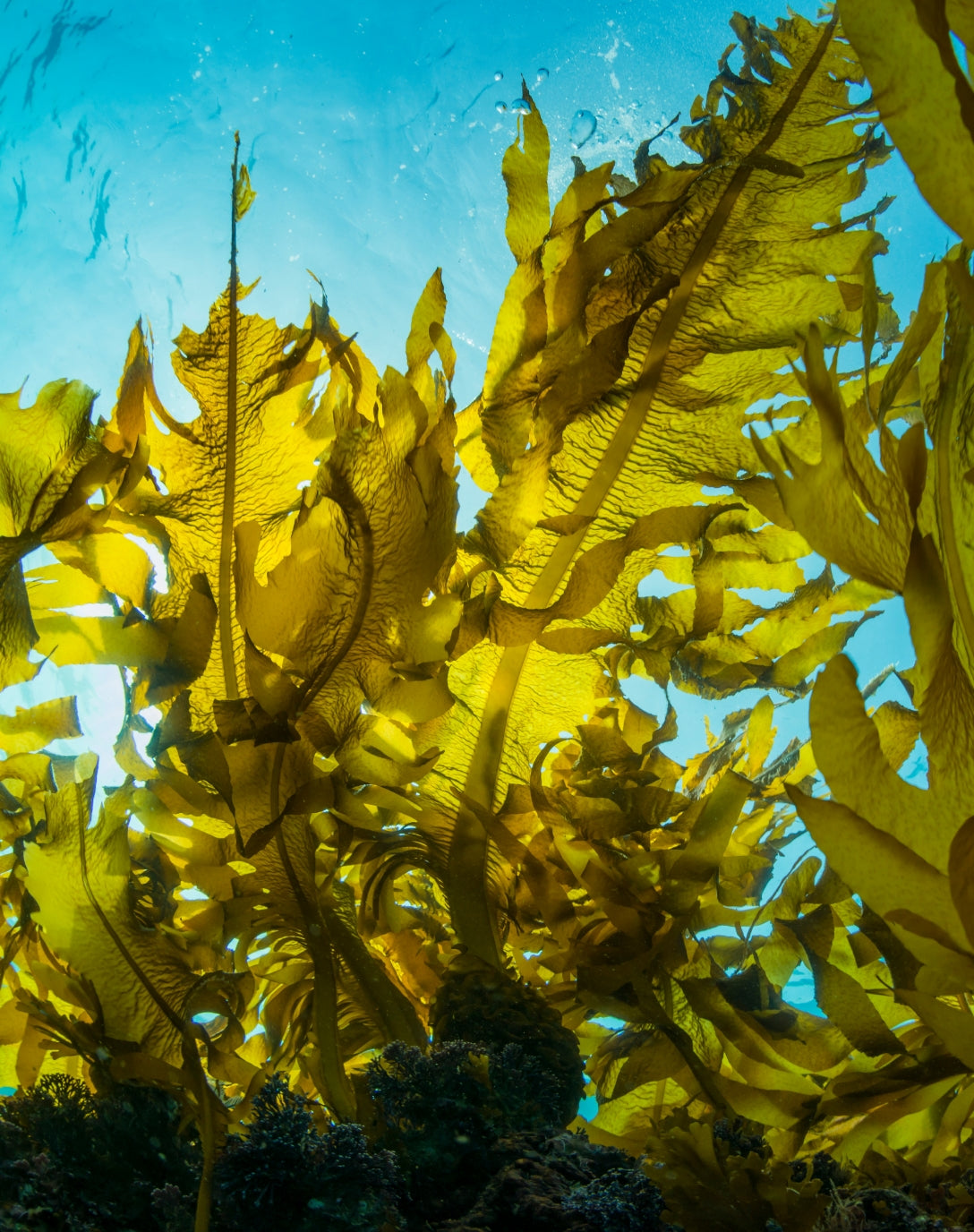
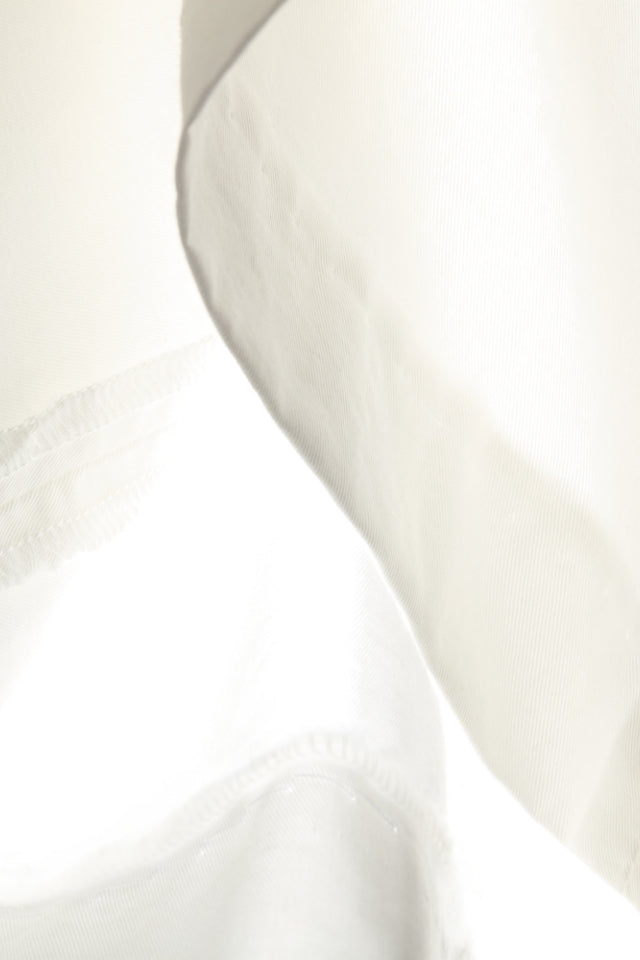
SEACELL™
Seacell™ is an innovative certified material made from seaweed and sustainably sourced wood pulp. Not only is it 100% biodegradable, zero-waste and renewable, it's also produced without using any chemicals. Care is taken in sourcing the seaweed—the regenerative part of the plant is harvested every four years, meaning no damage is caused, and regrowth is accelerated. Seacell™ is also hypoallergenic, breathable, soft and has antimicrobial properties. Given its multiple benefits, we continue introducing products made from Seacell™ and organic cotton blends into our apparel collections.
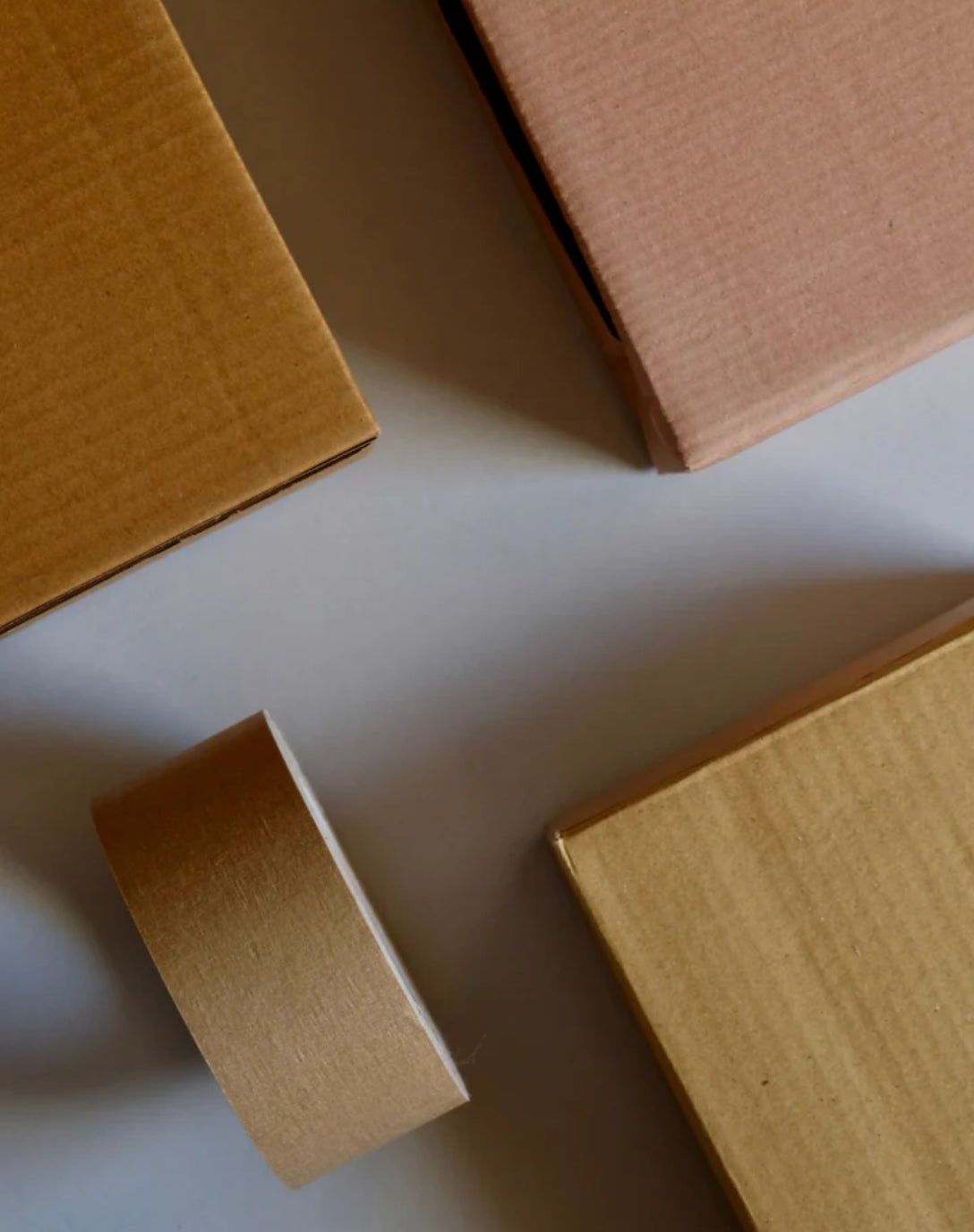
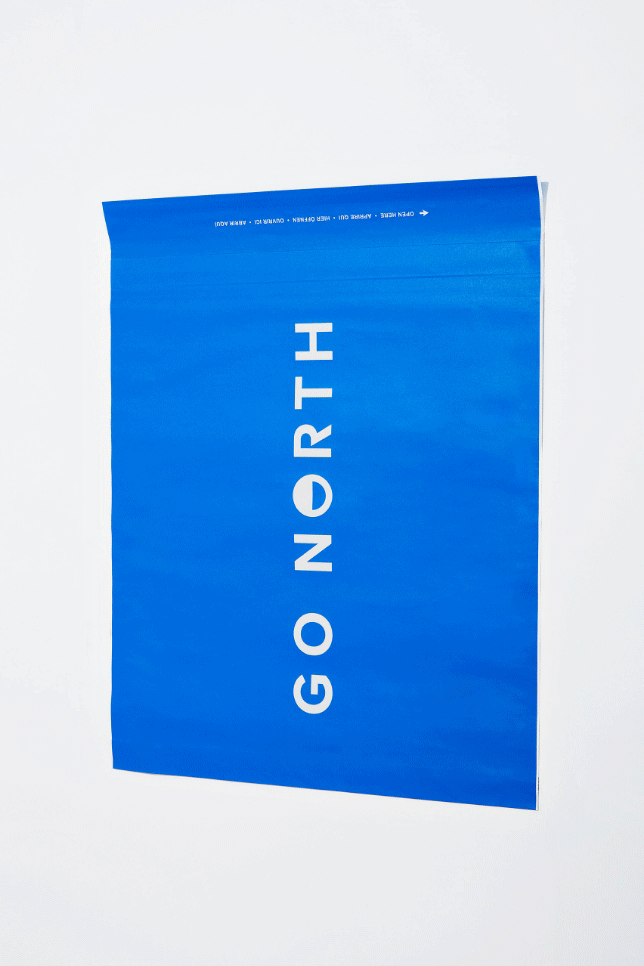
PACKAGING MATERIALS
Our commitment towards responsible materials also extends to packaging; for this reason, we are adopting solutions to limit the amount of unnecessary plastic in our retail packaging (goods we send directly to you, the customer), as well as in our purchased goods and wholesale packaging. Not only is packaging the dominant application of plastic globally (at 26% of total volume), but its small size also makes it especially prone to leakage into the ocean.
In our stores, both hangtags and packaging are made from recycled materials, with hangtags additionally certified by the Forest Stewardship Council (FSC).
We are currently piloting the use of glassine paper bags to replace traditional low-density polyethylene (LDPE) bags. Unlike LDPE bags, which can be difficult to recycle, glassine paper bags are biodegradable, recyclable and compostable. In transport packaging, we use recycled plastic polybags and cardboard from certified, responsible sources.
